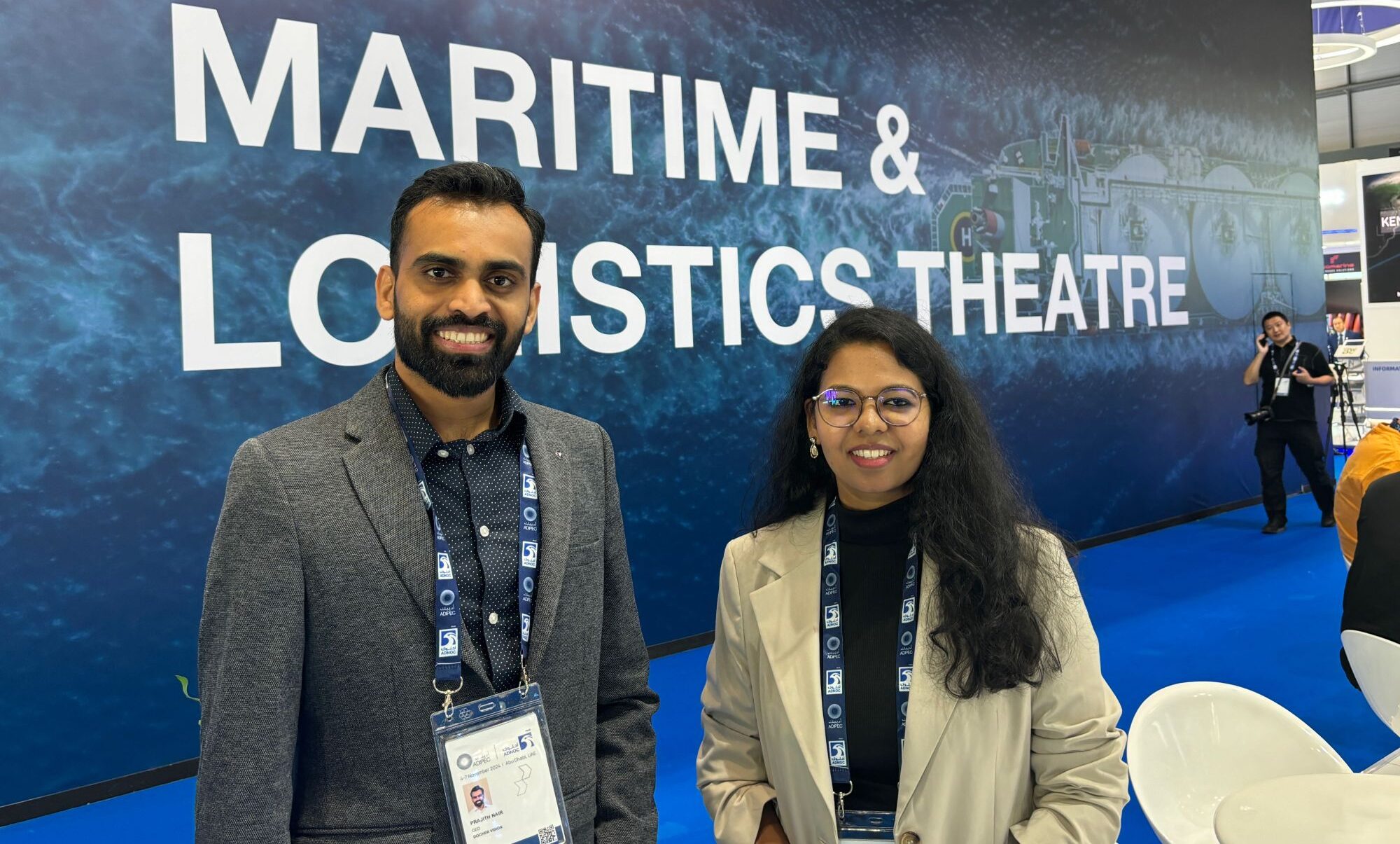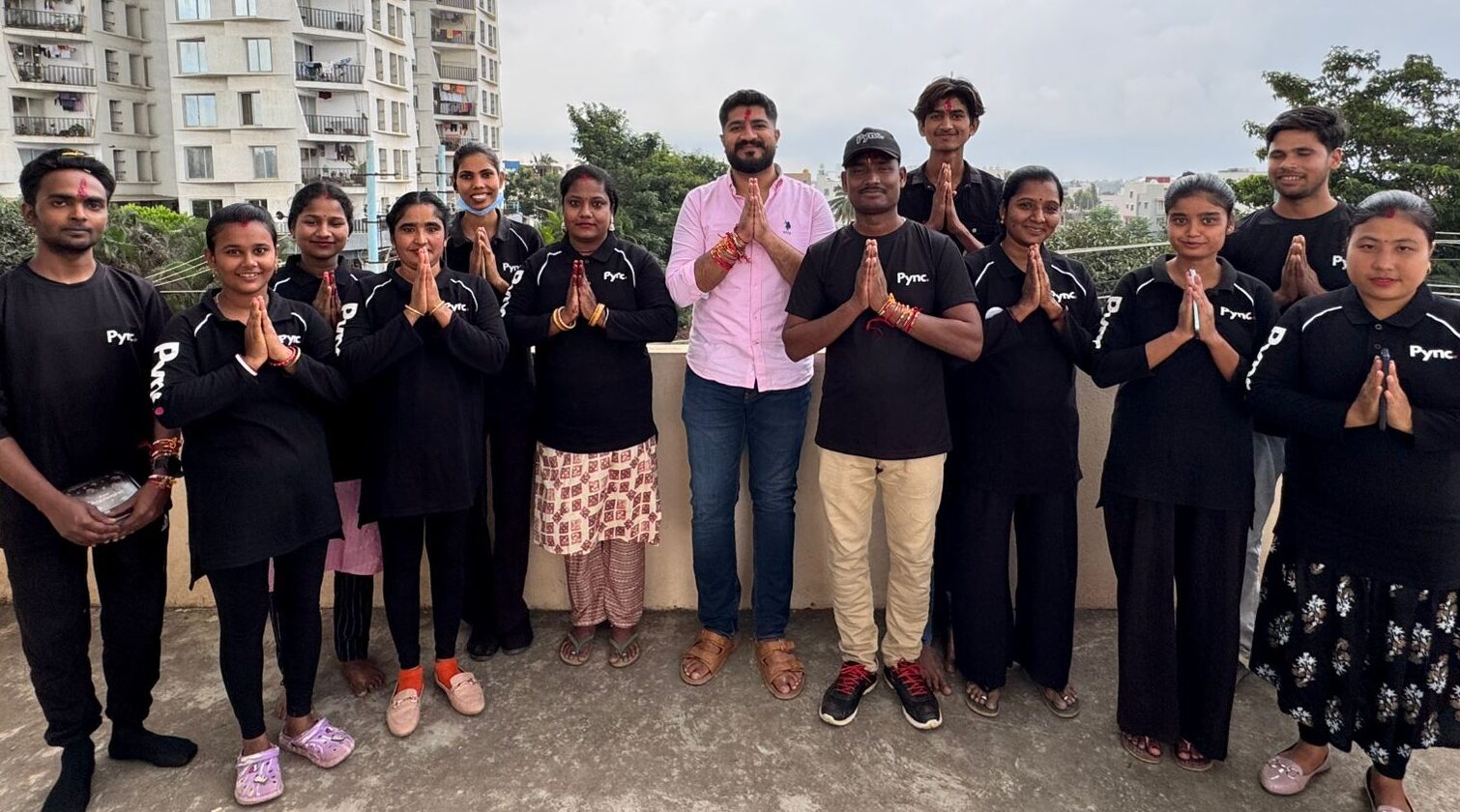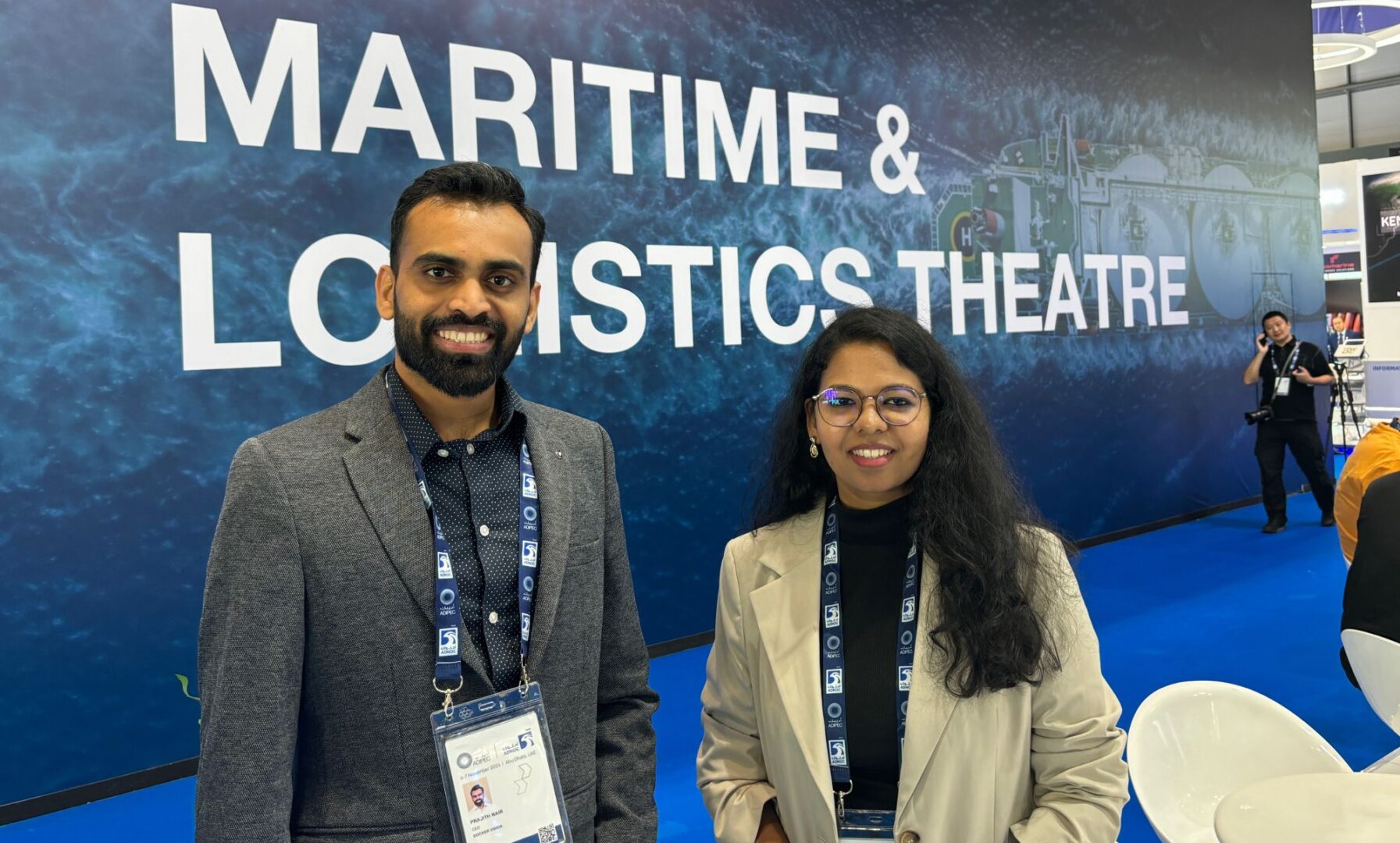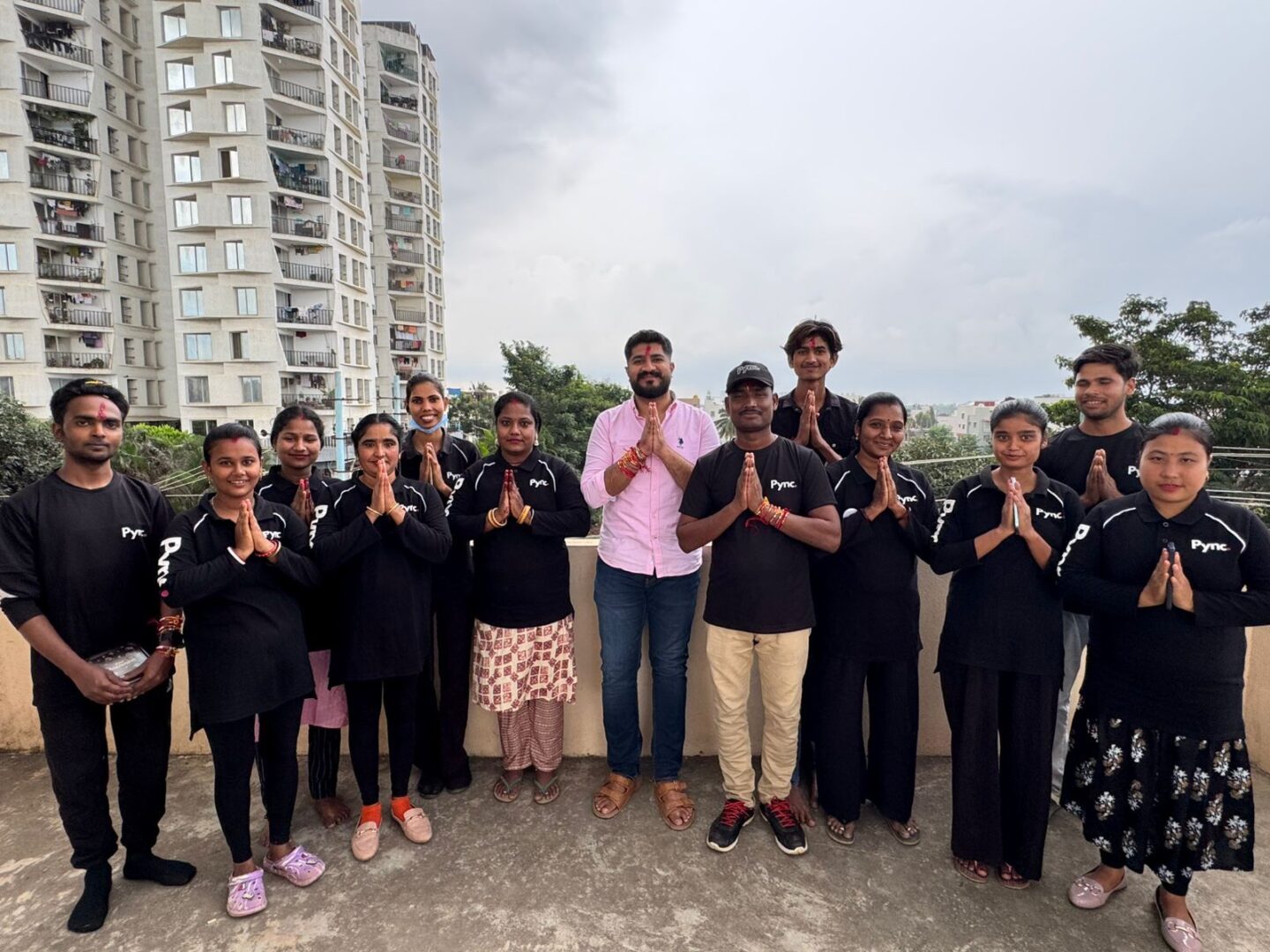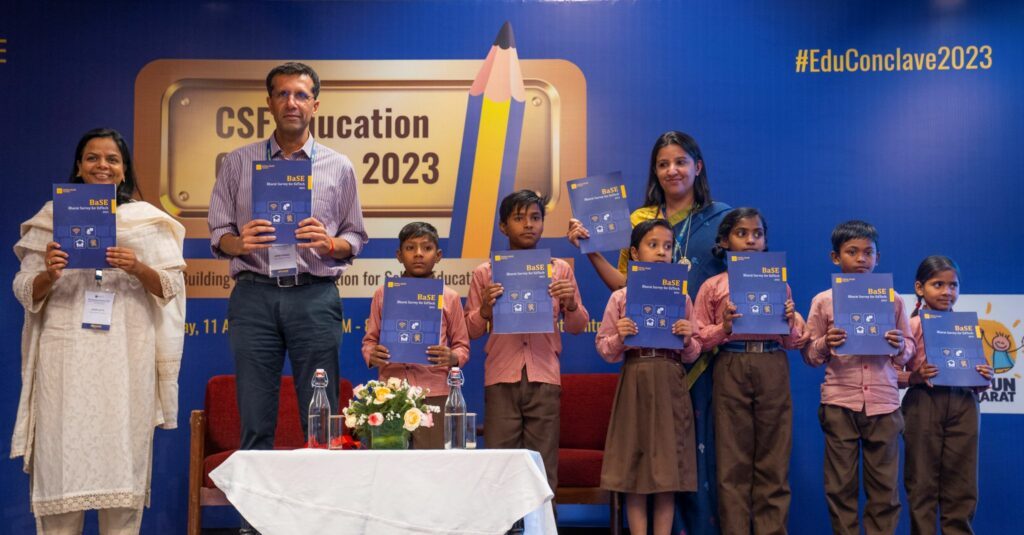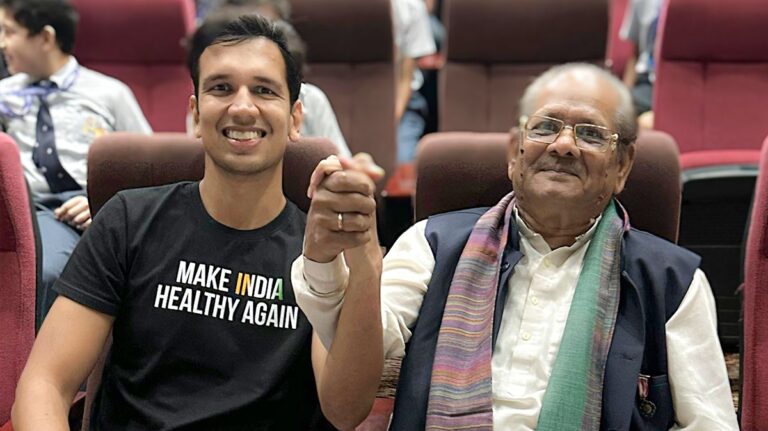Colombo: At Sri Lanka’s flagship tech summit, Disrupt Asia 2025, Shri Sumeet Jarangal, Director at India’s Department for Promotion of Industry and Internal Trade (DPIIT), set out a collaborative playbook to position Sri Lanka for global innovation. Speaking on the theme “Positioning Sri Lanka for Global Innovation,” he shared India’s startup journey and argued that similar models, adapted to local realities, can accelerate Sri Lanka’s ecosystem.
“Policy is not just about regulations, but the vision to build a nation for tomorrow, where startups can experiment, fail, and succeed without fear,” Jarangal said, framing policy as a catalyst for risk-taking and long-horizon bets rather than a mere compliance regime.
Jarangal’s keynote underscored that scale comes from systems, not slogans. He urged governments and industry to build the connective tissue, funding pathways, market access, mentorship, and sandboxes, that allow early-stage founders to test, pivot, and grow.
What Sumeet Jarangal proposed?
- Public–private partnerships (PPPs): Leverage government convening power with private-sector execution to expand incubators, testbeds, and demand-side pilots.
- Cross-border cohort exchanges: Curate founder cohorts that rotate between India and Sri Lanka to learn, validate, and co-develop products in comparable markets.
- Joint accelerator programmes: Align selection criteria, mentors, and demo days so startups can raise across both ecosystems without duplicating effort.
- Learning trips & immersion: Regular delegations of policymakers, investors, and founders to study what works, regulatory sandboxes, procurement playbooks, and university, industry tech transfer.
Sri Lanka’s domestic market is compact, but regionally relevant; India is vast, but varied. Jarangal’s blueprint treats the two as complementary: Sri Lankan startups gain access to scale and capital; Indian founders gain a proximate test market and talent collaborations. For both sides, structured cross-border mechanisms reduce friction, shorten sales cycles, and professionalize founder support.
How to make it real?
- Clear points of entry: A single-window for exchange programmes and PPP pilots so founders aren’t left navigating agencies.
- Outcome-linked support: Grants or credits tied to milestones, pilots completed, users acquired, first export, rather than paperwork.
- Regulatory sandboxes: Safe environments for fintech, healthtech, and govtech trials to move from prototype to procurement.
- Co-branding global roadshows: Joint showcases in key hubs to position the India–Sri Lanka corridor as one investible, interoperable market story.
Jarangal’s framing was pragmatic: celebrate what India got right, acknowledge what it learned by iteration, and invite Sri Lanka to adapt, not copy, these patterns. The takeaway was less about grand announcements and more about repeatable, bilateral mechanisms that compound over time.















